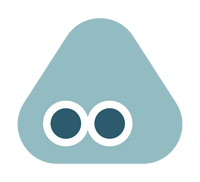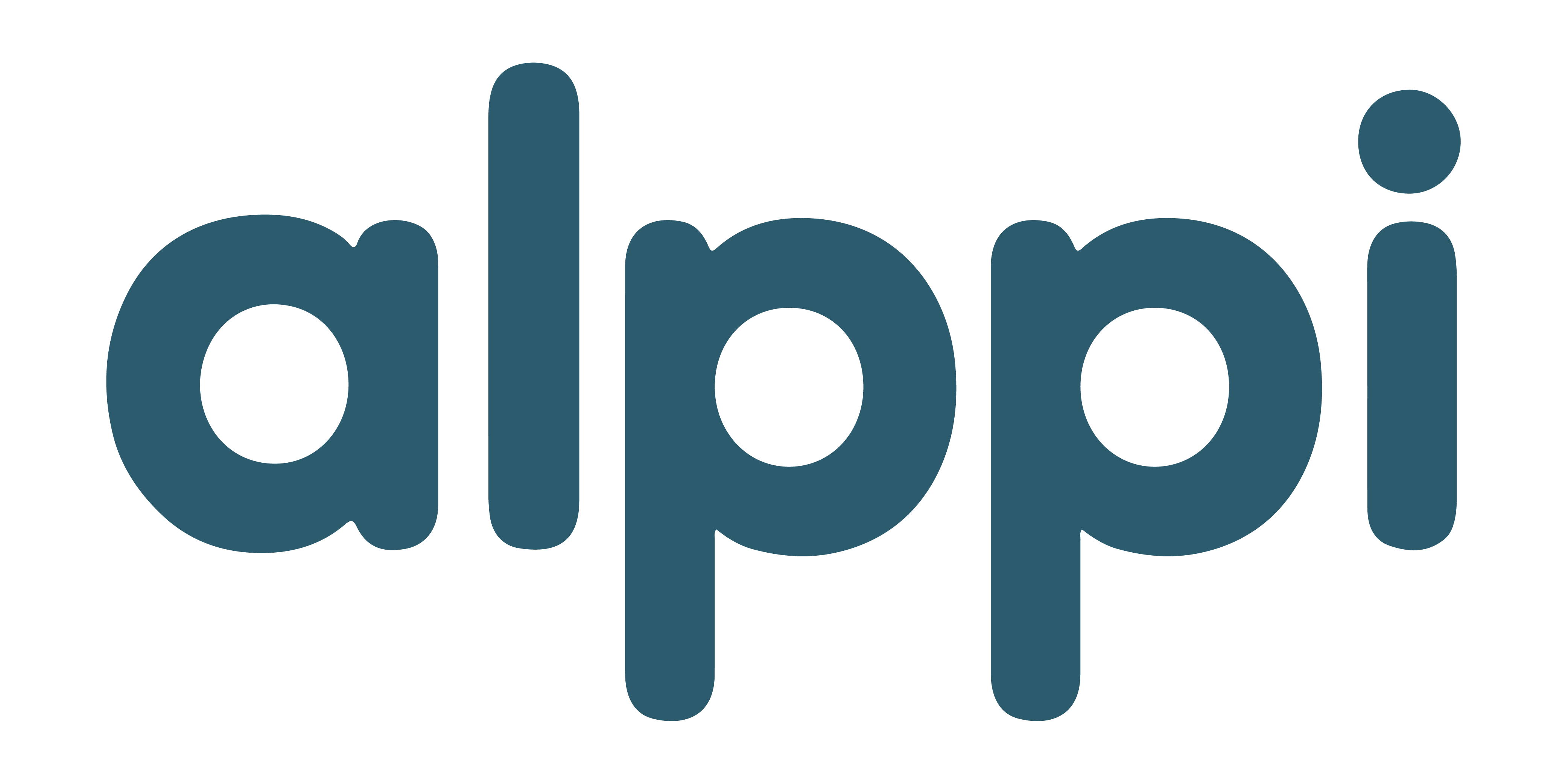At 1 month old, babies begin showing early physical, cognitive, and social milestones. They may lift their head briefly during tummy time, though movements are still jerky as their muscles gain strength.
Babies start to focus on faces and objects within 8–12 inches and follow slow movements with their eyes. They also recognize familiar voices and react to loud sounds by startling.
Crying is their main way of communication, but these signals help caregivers understand their needs. Over time, arm and leg motions become smoother, showing progress in coordination.
Every baby grows at their own pace, but understanding typical 1 month old milestones helps you notice if anything seems off. This time is perfect for cuddling, watching closely, and celebrating every tiny achievement your baby makes.
1 Month Old Milestones Overview
At one month, your baby is waking up a bit more to the world. You’ll see small changes in how they react to sounds, sights, and touch.
This early time is all about tiny steps that help your baby grow. Milestones give you clues about how your 1-month-old is developing.
Your baby might start to focus their eyes briefly or turn their head toward sounds. These little signs show their brain and body are getting stronger.
Watching these milestones helps you spot early concerns, but don’t stress if your baby doesn’t do everything right away. Every baby is unique, and honestly, they all have their own timeline.
You’ll probably find milestones helpful to guide how you interact with your little one. Simple things like gentle talking and holding can support skills like eye contact and sensory awareness.
Normal Pace and Variations in Development
Even at 1 month old, babies develop at their own speed. Some might lift their heads a bit more, while others focus longer on faces.
This variety is normal and expected. Your baby could be quieter or more fussy, and that’s okay too.
Growth doesn’t happen the same way every day. What matters is that you see gradual progress over time.
If your baby seems very different from typical milestones, it’s smart to check with your pediatrician. Still, lots of babies catch up naturally—so trust your instincts and enjoy getting to know your baby’s rhythm.
Keep your baby’s skin healthy and rash‑free. Learn more in our article, How Do Babies Get Diaper Rash And How To Prevent It.
Physical Development at 1 Month
At one month, your baby is starting to gain a bit more control over their body. Their reflexes are strong, and their sleep is slowly shifting into a more regular pattern.
Head Control, Reflexes, and Early Movement
Your baby’s neck muscles are still weak, so head control is pretty limited. When you hold your baby upright, their head might bob or flop forward—totally normal at this age.
Reflexes are a big deal right now. The rooting reflex helps your baby turn their head toward a touch on the cheek, which guides them to feed.
The sucking reflex kicks in when something touches the roof of their mouth, helping them feed. The palmar grasp reflex makes your baby wrap their fingers tightly around your finger.
The Moro reflex (that startle reflex) makes your baby fling out their arms and legs if they feel like they’re falling or hear a loud noise. The stepping reflex shows up when you gently hold your baby’s feet on a flat surface and they “step.”
Sleep Patterns and Daily Routines
At one month, your baby still sleeps most of the day—about 14 to 17 hours total. Sleep comes in short bursts, usually 2 to 4 hours at a time, day or night.
Your baby wakes up a lot for feeds because their tummy is tiny and they need milk often. Regular feeding starts to shape your day, giving you a bit of predictability.
Your baby may have longer awake periods, around 45 minutes to an hour. During this time, they might be more alert and try to focus on faces or lights.
Keeping things calm helps your baby relax, whether they’re awake or ready to sleep.
Understand the best feeding choices for your newborn. Read our guide, A Complete Guide to Baby Feeding Options.
Sensory and Cognitive Skills

At one month old, your baby’s brain is busy soaking up the world through their senses. They start focusing on sights, sounds, and smells, and their ability to notice and respond grows every day.
This is a fun stage for cognitive development, as your baby begins to recognize things and people around them. Their vision is still pretty blurry, but they can see best at about 8 to 12 inches away—just right for looking at your face when you hold them close.
Vision Range and Tracking Faces
Around now, your baby will start to focus more on faces and might even begin to follow slow movements with their eyes. Bright, high-contrast patterns like black and white shapes grab their attention most easily.
You might notice your baby watching your eyes and mouth when you talk or sing. This helps their brain learn about emotions, communication, and connection.
Hearing, Smell, and Touch Responses
Your baby’s ears are tuned in to sounds. They can recognize your voice and might turn their head a bit toward noises they know.
Loud or sudden sounds often make them startle, showing their brain is starting to process changes in their world. Smell and touch are strong senses too.
Your baby can tell your scent apart, which helps them feel safe. Gentle stroking or skin-to-skin contact makes them feel calm and secure.
These senses all work together to help your baby make sense of the world. Every little reaction is part of developing their thinking skills and early learning.
Simplify diaper duty and save time. Read our article, Why a Diaper Subscription Makes Parenting Easier.
Social and Emotional Growth

At one month, your baby is starting to connect with you in small but real ways. These moments build trust and comfort, helping your little one feel safe and cared for.
You’ll notice your baby responds mostly through touch, looks, and sounds. They learn a lot through touch and eye contact.
Bonding Through Touch and Eye Contact
When you hold your baby gently, it helps them feel warm and secure. Soft touches can calm fussiness and build a sense of safety.
Eye contact matters too. Your baby might try to look at your face, especially your eyes. This helps them start to recognize you and feel closer.
You might catch your baby staring at your eyes for a few seconds, then looking away. That’s normal—their vision and focus are still developing.
Try to hold your baby close during feeding or cuddle time. Skin-to-skin contact soothes and also supports healthy emotional growth.
Calming with Voices and Familiar Faces
Your voice is a superpower for calming your baby. At one month, babies start to recognize familiar voices, especially yours.
Speaking or singing softly can soothe them when they’re upset. Familiar faces offer comfort too, even if your baby can’t fully see yet.
They can sense who you are by your expressions and tone. Smiling while you talk helps your baby feel safe and loved.
If your baby cries, try gently talking or singing. This often helps them relax faster than silence or loud noises. Your presence, both seen and heard, brings reassurance in these early weeks.
Communication at 1 Month
Your baby is just starting to show how they feel and notice sounds around them. They can’t talk yet, but they use different ways to express themselves and respond to you.
Crying as Main Form of Expression
At one month, crying is your baby's main way to tell you what they need. Hunger, tiredness, discomfort, or just wanting a cuddle are all reasons for tears.
Each cry might sound a bit different depending on what’s wrong. You’ll start to pick up on these differences as your baby grows.
Sometimes, your baby might cry even if they’re not hungry or tired—they might just want to connect and feel safe with you. Watching your baby’s face and body along with the cry helps you understand them better.
Your quick and loving response teaches them that communication works and makes them feel secure.
Early Cooing and Self‑Soothing Signs
Around one month, your baby might start making soft sounds like cooing or gurgling. These little noises show early attempts at talking and exploring their voice.
You may see your baby trying to calm themselves by sucking on their fingers, thumb, or a pacifier. This is a sign of self-soothing—learning to feel better on their own for a moment.
Encourage these sounds by making eye contact and talking back. Smiling and responding gently shows them they’re being heard, even if it’s just a tiny coo or gurgle.
Know what your baby’s poop colors really mean. Read our article, Baby Poop Color Meanings You Shouldn't Ignore.
Supporting 1 Month Old Milestones

At one month old, your baby is learning to focus, react, and feel safe. You can help by using your voice and touch in ways that support their growth.
Simple daily actions make a big difference in their early development. Your baby starts noticing sounds and faces now.
Talking, Singing, and Face‑to‑Face Play
Talking or singing softly helps your little one recognize your voice and feel calm. Use gentle, clear words or a lullaby.
Face-to-face play means holding your baby close and making eye contact. They love watching your expressions.
Smile often, and your baby might try to mimic your mouth movements. This helps build important bonds and early communication skills.
Try short moments where you pause between your words or songs. Your baby may respond with sounds or movements.
These tiny interactions build their social and language skills. Even simple talk makes a big impact.
Gentle Holding, Tummy Time, and Comfort
Holding your baby gently gives them a sense of safety. Change positions often so they can feel movement and different touches.
Skin-to-skin contact is especially soothing. Tummy time is key at this stage—even a few minutes several times a day helps your baby build neck and upper body strength.
Lay your baby on their tummy while awake, and stay close for support. This also prevents flat spots on their head.
If your baby fusses, try rocking or gentle pats. The calm you offer encourages emotional growth and trust.
Using soft blankets and a quiet environment can make comfort easier for your baby to find.
Master every diaper change with confidence. Check out our piece, How To Change a Diaper Like a Pro: Guide for New Parents.
When to Call the Doctor
It's totally normal to wonder when you should reach out for help with your one-month-old. Sometimes it’s tough to know what’s just “baby stuff” and what needs a doctor’s attention.
By one month, your baby should start acting a bit more alert. If your little one doesn’t follow objects with their eyes or never reacts to loud sounds, that might mean something’s up.
Most babies start making small moves, like lifting their head for a second during tummy time. If your baby feels super floppy, seems stiff, or never lifts their head, it’s a good idea to check in with your doctor.
If your baby doesn’t startle or react to sudden noises, that’s another reason to call. Trust your gut if something feels off.
Feeding takes up a huge chunk of your one-month-old’s day. If your baby refuses to breastfeed or bottle-feed, or if feeding drags on and on, something could be wrong.
Cluster feeding (feeding a lot in short bursts) is normal, but if your baby can’t stay awake to eat at all, that’s a red flag. Watch how your baby moves during feeding too.
If sucking or swallowing seems weak, or your baby seems super tired and just zones out, call the doctor. If your baby cries nonstop and nothing helps, or if you see weird breathing or changes in skin color, don’t wait—get medical advice.
Support Your Baby with Alppibaby Diapers and Wipes

Caring for a newborn means countless diaper changes and gentle cleanups every single day. To make life easier, Alppibaby offers wipes, and both weekly and monthly bundles of diapers, so you’ll always have what you need on hand.
Alppibaby diapers are designed to be soft, breathable, and highly absorbent — keeping your baby dry, comfortable, and protected from leaks. Our wipes are gentle on sensitive skin but strong enough to handle everyday messes, making cleanup quick and stress‑free.
Parents love the convenience of bundles delivered right to their door, saving time and reducing worry. With Alppibaby, you get trusted quality and comfort, giving you more time to focus on bonding and celebrating your baby’s first milestones.
Final Thoughts
At 1 month old, babies are just beginning their journey of growth and discovery. From lifting their head for a moment to focusing on faces and reacting to voices, these milestones show steady progress in physical, cognitive, and social skills.
While movements may still be uncoordinated, each day brings more strength and awareness. Remember, every baby develops at their own pace, so it’s normal for skills to appear earlier or later. If you have concerns about your baby’s development, talk with your pediatrician.
For now, enjoy these early moments — your baby’s 1 month old milestones are just the start.
Be prepared for every outing with your newborn. Explore our guide, Diaper Bag Essentials: Must-Have Items for Baby.
Frequently Asked Questions
What developmental milestones should my one-month-old have reached?
At one month, your baby might lift their head for a moment during tummy time. They may follow things with their eyes and look more alert.
Crying is still common, but you’ll start to notice your baby responding to sounds and voices. It’s a slow process, but it’s happening.
How much should a baby be sleeping at one month?
Your one-month-old usually sleeps around 14 to 17 hours a day. They wake every few hours to eat, so their sleep is pretty broken up.
Don’t expect a schedule yet—sleep patterns are still all over the place.
Can a one-month-old baby see and recognize faces?
Babies this age can see faces, but only clearly at about 8 to 12 inches away. That’s just enough to check you out while feeding.
They might watch your face and react to expressions, but they don’t fully know it’s you yet. That comes later.
What tummy time skills are expected from a one-month-old?
During tummy time, your baby might lift their head a bit or turn it side to side. These tiny moves help build neck and shoulder muscles.
It’s practice for bigger stuff like rolling over down the road.
How can I help my one-month-old baby develop their motor skills?
Give your baby tummy time every day. Gently move their arms and legs, and offer bright-colored toys to look at.
Talking and singing helps too. It encourages your baby to look around and respond—even if it’s just with a wiggle or a coo.
When do one-month-old babies typically start to smile socially?
Most babies start to smile socially at about 6 to 8 weeks old. At just one month, your baby might smile because they're comfortable or even just because of gas.
They aren't really smiling to connect with you just yet. Still, keep talking and smiling at them—you might see that first real smile soon enough.














